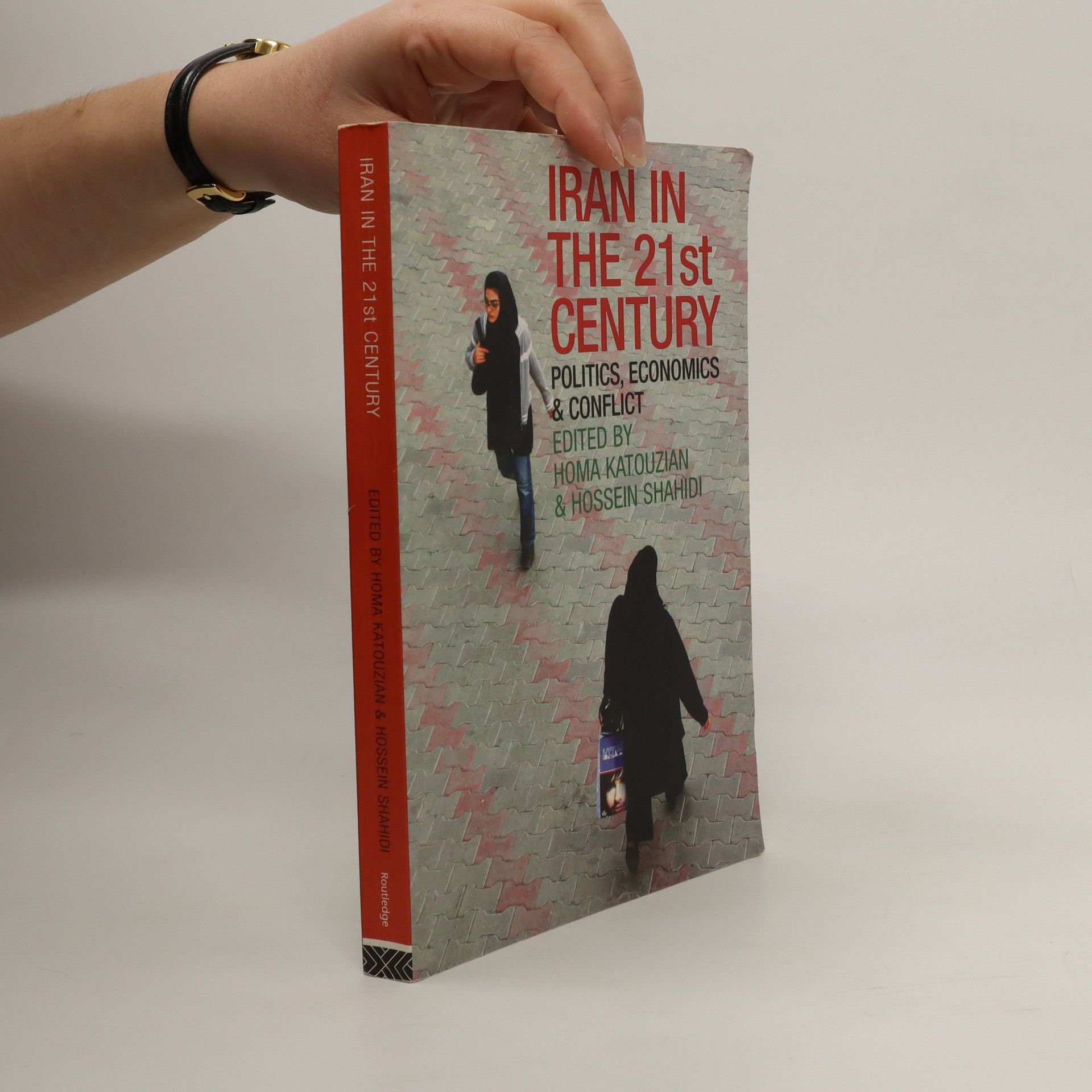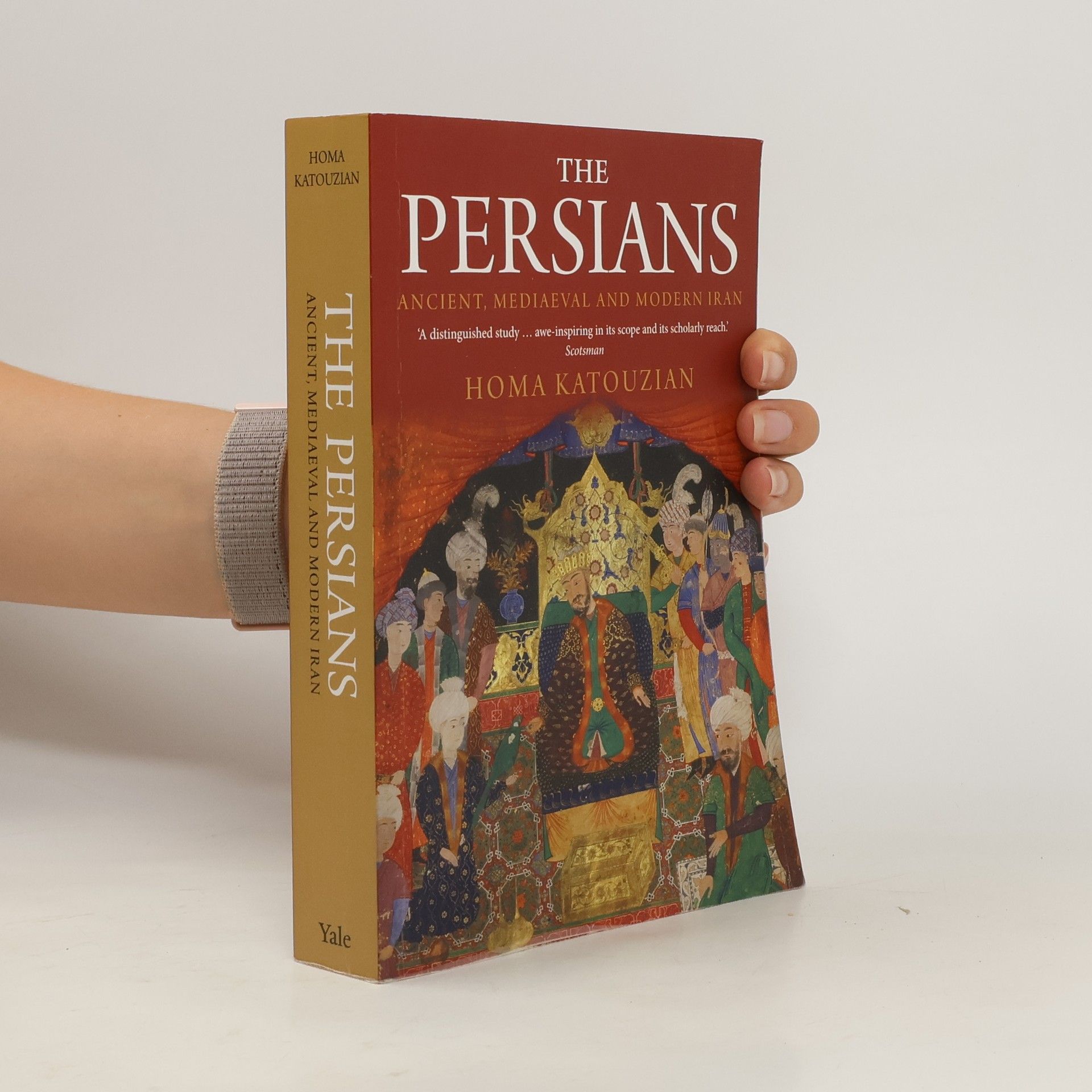Sadeq Hedayat
- 256bladzijden
- 9 uur lezen
Sadeq Hedayat is the most famous and the most enigmatic Iranian writer of the 20th century. This book is the first comprehensive study of Hedayat's life and works set against the background of literary and political developments in a rapidly changing Iran over the first half of the 20th century. Katouzian discusses Hedayat's life and times and the literary and political circles with which he was associated. But he also emphasises the uniqueness and universality of his ideas that have both influenced and set Hedayat apart from other Iranian writers of the period and that have given him a mystique that has been instrumental in his posthumous success with acclaimed works such as The Blind Owl. This second edition is fully revised and updated to reflect on recent debates and scholarship on Sadeq Hadeyat.


